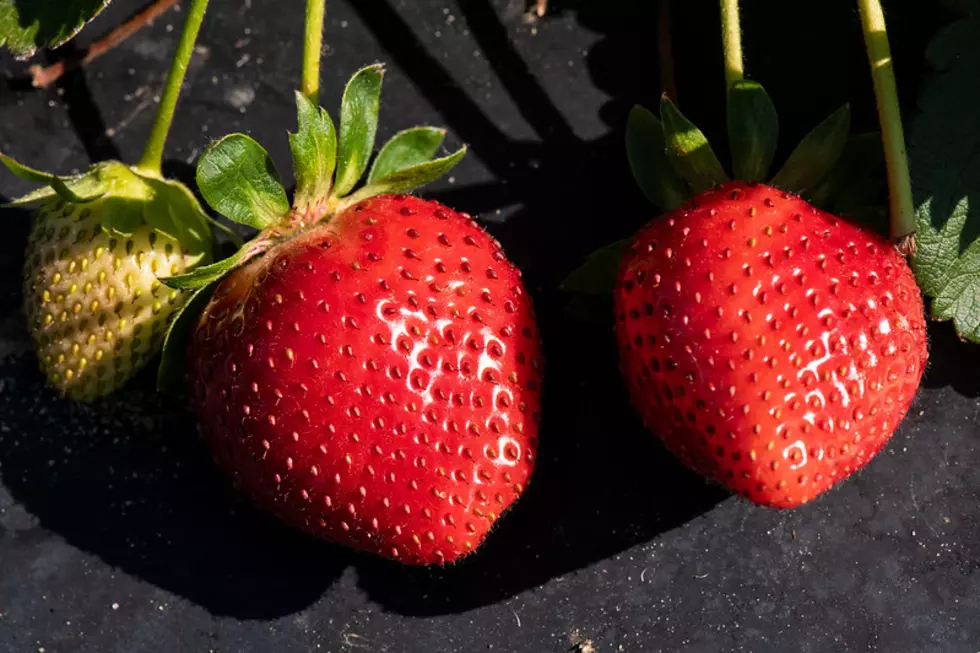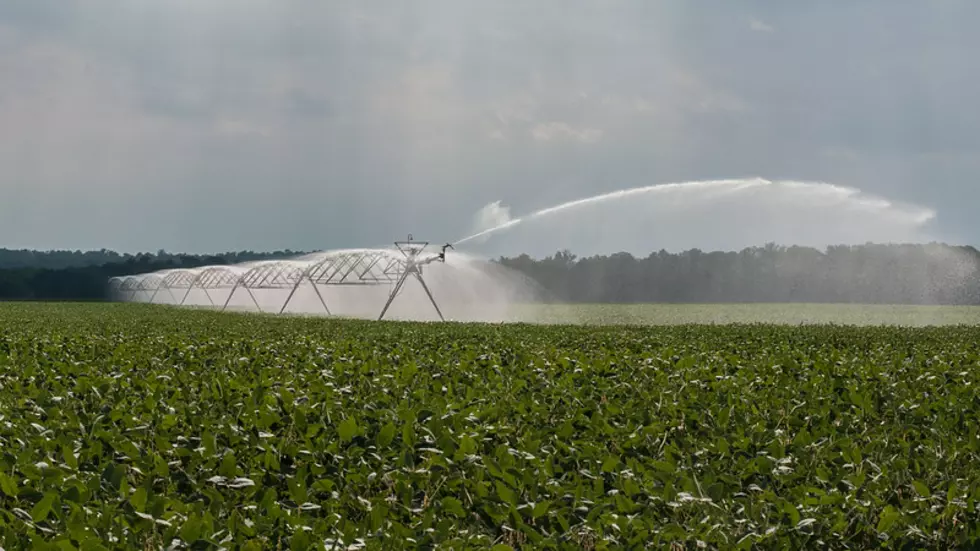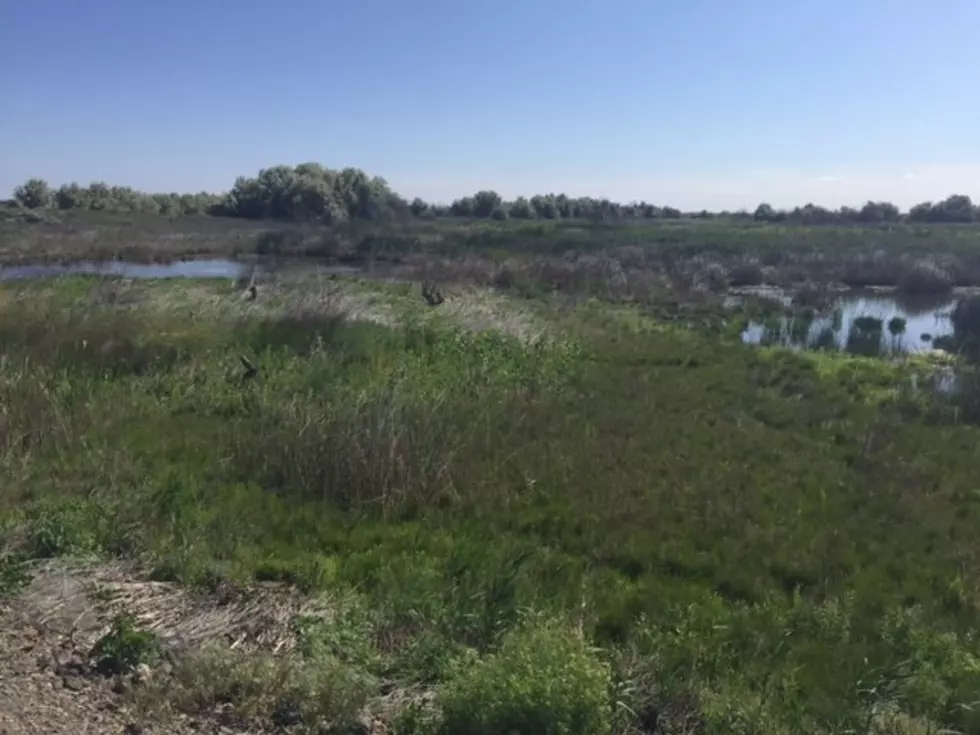
UC Davis Researchers Working To Tackle Fusarium Wilt In Strawberries
Thanks to research at UC Davis, strawberry losses from Fusarium wilt could be greatly reduced. Researchers say they have discovered genes that are resistant to the deadly soil-borne disease.
The problem started when the fumigant used to protect soil from the disease, methyl bromide, became illegal. In the late 1980s, the EPA and others determined Methyl bromide had negative impacts on the ozone layer. In 2015 UC Davis researchers Steve Knapp and Glenn Cole started focusing on Fusarium wilt.
"That was a major focus of our breeding program, was to start going after identifying disease resistance, and then trying to develop tools to help breed more quickly the inclusion of disease resistance into cultivars [strawberry varieties] that are produced," Cole stated.
He added they found that a single chromosome provided disease resistance. They identified that chromosome and created a genetic tool which they used to speed up the breeding for resistance to Fusarium. As a result, all of the strawberry selections that come through their program are resistant to Fusarium wilt. Cole says growers will also need to divert from the practice of using the same ground year after year for their strawberry crops.
"It's become clearly become evident that the use of rotations and cover crops is going to be more important."
Knapp and Cole have informed the industry about current strawberry varieties that have the resistance so growers can select plants with that added protection. Cole noted the new resistant varieties coming out later this year will be suitable for several growing seasons.
If you have a story idea for the PNW Ag Network, call (509) 547-1618, or e-mail glenn.vaagen@townsquaremedia.com
More From PNW Ag Network









